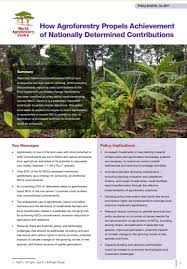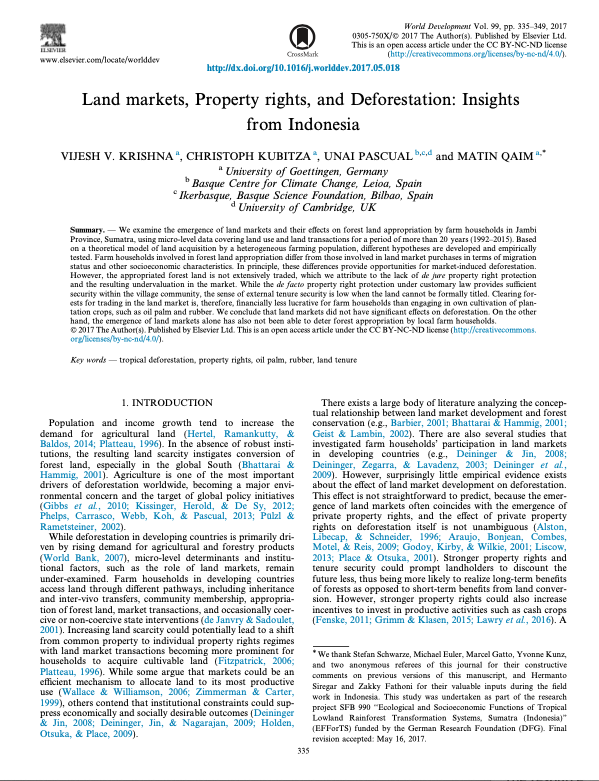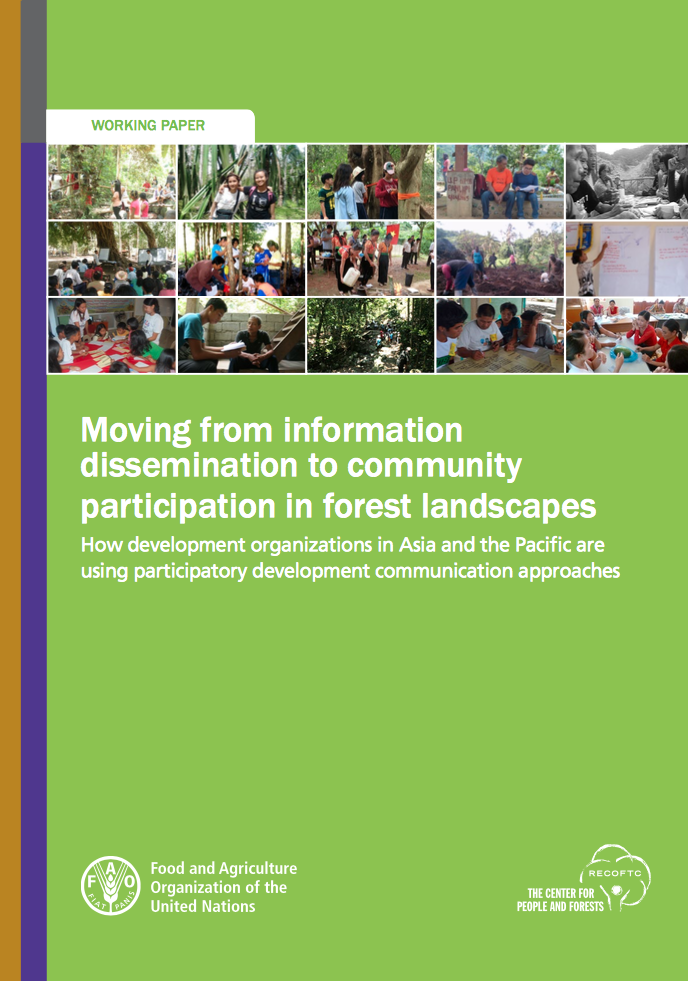GIZ REDD+ Expert Exchange 2017
REDD+ is an important instrument for many developing countries in the tropics to fulfill their commitments under the Paris Agreement. Accordingly, various countries have considered it in their current (Intended) Nationally Determined Contributions as to shape the future pathway for addressing the 2.0°C goal.









